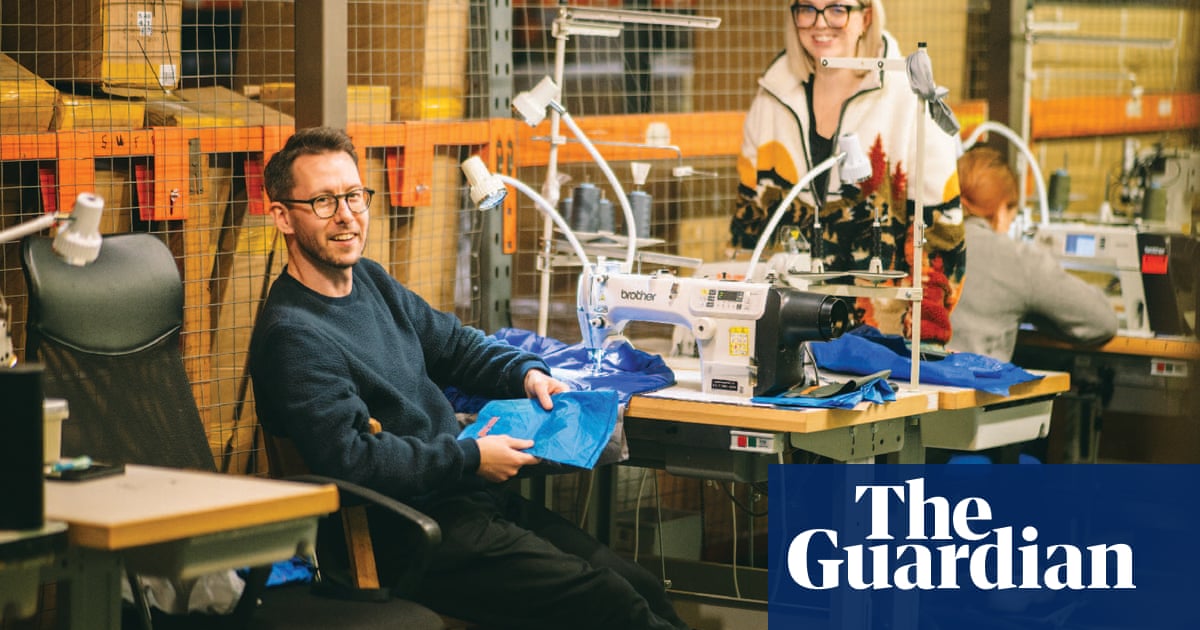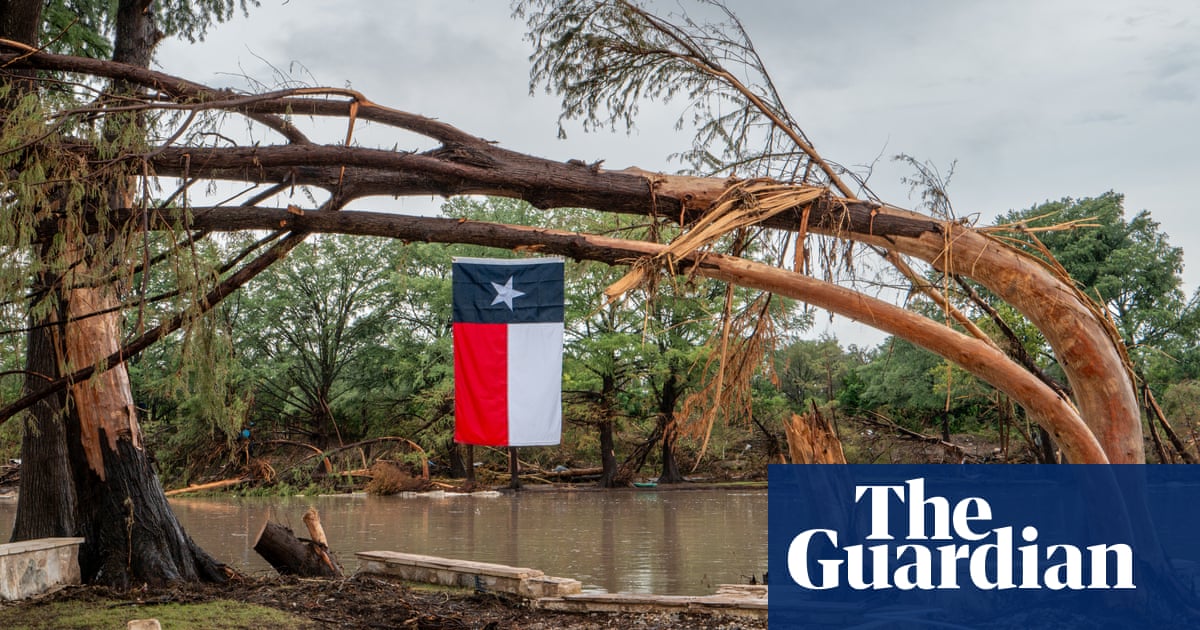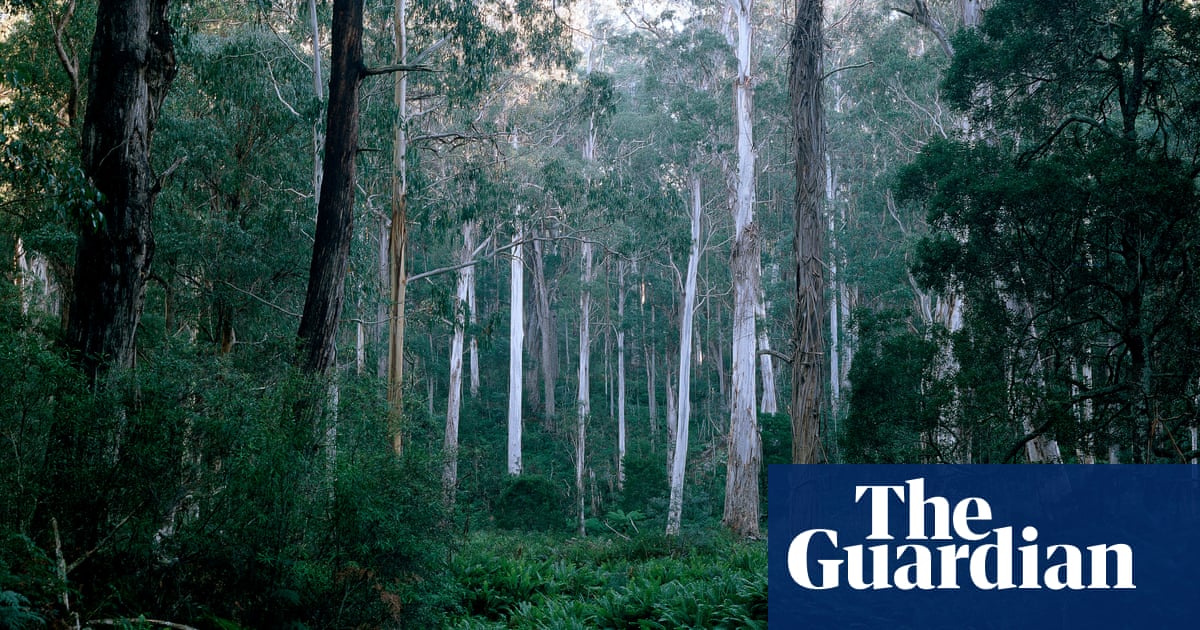‘Small and mighty, that’s what we are’: the team turning discarded tents into bags | Waste

When Lauren Mason volunteered to help with the cleanup at a festival two years ago, she had no idea it would change the course of her life. She’d heard about the tents being dumped and left behind. Her mother, she says, is “an amazing seamstress”, so Mason thought she might be able to use some of the material to make clothes.
“I originally went to clean up with the idea to make my own jacket. But that’s when I realised the problem was bigger than we thought.”
As festivalgoers at Creamfields packed up and left, Mason was dumbfounded by the numbers of tents strewn in the fields. Growing up, borrowing kit had been the norm for camping and festivals because the gear was expensive; Mason had always felt a duty of care to the equipment she was bringing. “It was just a rule that unless your tent got set on fire, you packed it up dry and took it home.”
But at Creamfields about 80% of the tents had been left behind, to be bulldozed and sent straight to landfill. “It is disheartening, when people are doing what they can. It’s a hard juxtaposition.”
Mason made a TikTok about all the pristine goods left behind at the festival, before switching off her phone and heading off to visit her brother. The next time she switched her phone on, the video had gone viral, amassing millions of views. It was at this moment that Mason realised there was an opportunity to do something bigger.
That summer Mason co-founded Retribe, along with her friend Benjamin Harman, with the aim of collecting tents from festivals and upcycling them into all sorts of new items: tote bags, bottle carriers, clothes, accessories. Every piece is unique and made with as little waste as possible. “Even if your tent’s broken, that material is great for loads of other things. That’s what we’re trying to show people,” Mason says.
An estimated 250,000 tents a year are left behind at festivals, according to the Association of Independent Festivals. “People see it as part of the price tag – as more of a throwaway. It’s really sad,” Mason says. “These tents are made out of nylon or polyester, which takes hundreds of years to decompose. I’ve got a five-year-old and a seven-year-old son, and when I show them pictures they can’t believe it: ‘Did the police get them, Mummy?’ Even they understand recycling.”
Allow TikTok content?
This article includes content provided by TikTok. We ask for your permission before anything is loaded, as they may be using cookies and other technologies. To view this content, click ‘Allow and continue’.
Overconsumption is a very modern invention. After the second world war, rising prosperity, globalisation and technological advancements led to our throwaway culture. Why not buy a jacket in three sizes and throw away the spares when it’s mass produced abroad for almost nothing and shipped directly to your door? Each year the UK generates about 1.7m tonnes of textile waste. The clothes that don’t go straight to landfill can end up polluting beaches in Ghana or piled up in the Atacama desert.
Retribe is part of a wider fight against such overconsumption and harmful waste. In the last few years there has been a global explosion in the secondhand clothes market through sites such as Vinted or Depop. It has grown 2.7 times faster than the overall clothing market, according to research from the resale platform ThredUp.
And the culture of repair and upcycling has gone mainstream, with TV programmes such as The Repair Shop, and viral TikTok and Instagram coverage of upcycling furniture or clothes. Last year, the EU passed a landmark right to repair law that means if something breaks, the manufacturer has to repair the product for a reasonable price and within a reasonable timeframe after the legal guarantee period.
“People are learning at the minute,” says Mason. “Bigger companies, smaller companies, we’re all learning about how bad everything we’ve done in the last 50 years has been for our planet, and what we can do after a product gets to the end of its life.
“Even if we’re just encouraging one person not to bin their tent, that’s 10 metres of fabric, minimum, going to landfill for hundreds of years. But if we can make a tote bag out of that for them to use for shopping, and now they don’t have to buy carrier bags any more, that’s amazing! We need to make these small changes to make a bigger difference in the end. Small and mighty, that’s what we are.”
after newsletter promotion
Retribe has upcycled more than 500 tents and wants to take more. But it’s not easy running a sustainable startup. It operates from a small factory floor in Sheffield, primarily making pieces to order so that it doesn’t overproduce. Lauren does a lot of the sewing herself, helped by her mum, her best friend, her husband, and anybody who has a minute to spare.
“When I was looking into grants and funding, the main ones were for sustainability around technology, and I just didn’t fall into that bracket. It was really frustrating. So I took out a startup loan and some weeks my sales don’t even cover those payback costs.
“There’s not enough [funding] out there for this sort of thing. I know a lot of companies are upcycling on a bigger scale who get grants from the EU, and that’s all finished now for us. I do feel like we’re behind in the UK.”
Nevertheless, seeing her products out there keeps Lauren going. She also runs workshops teaching people how to upcycle.
“I’ve not had one person in these workshops walk away without being able to sew, or a product that’s saved. People really surprise you, and encouraging other people to upcycle feels like a really big win for me.”
Source link






